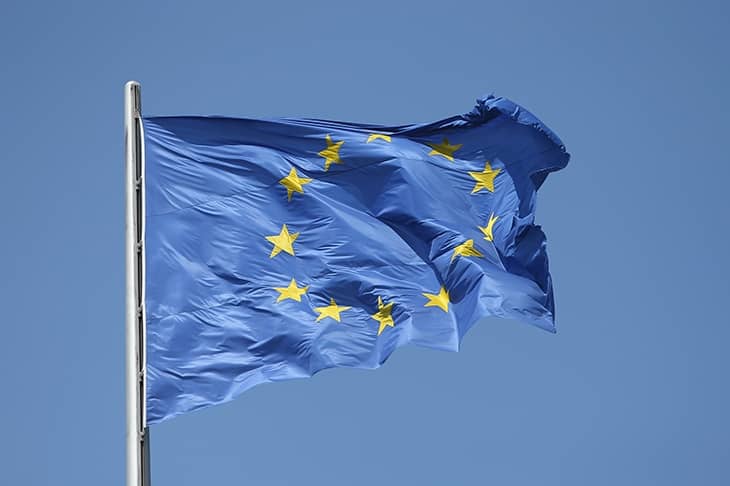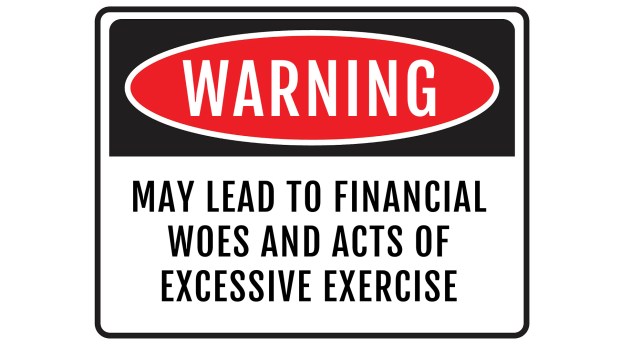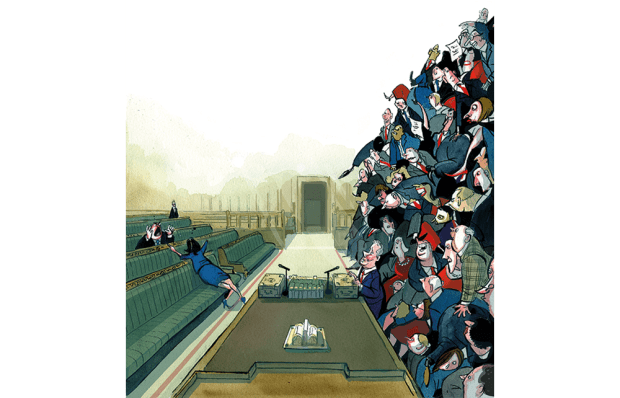Peace project
Sir: It was heartening to read your editorial on the peace which has reigned in Europe since 1945, in which you paid justified tribute to those who sacrificed their lives in the two world wars (‘Why we remember’, 13 November). You emphasised how Nato and the UN have contributed to the maintenance of peace, but sadly you failed to mention the European project and the EU. The first president of the European Council, Herman Van Rompuy, always insisted that the project of European integration, launched by Adenauer, Schuman and De Gasperi, was above all a ‘peace project’. That continues to be the view of today’s Commission president, Ursula von der Leyen. The peace dividend of the EU must not be overlooked. The UK may no longer be a member of the EU. It did, however, make a distinguished contribution for almost half a century, not least in its commitment to peace.
Mgr Patrick H. Daly
Caversham, Reading
The will to remember
Sir: It is my honour to help organise the Western Front Association’s annual service at the Cenotaph, which occurs on 11 November every year, and as such I was gratified to read your leader about remembrance. This year we were joined by a number of exceptional young men and women, all of whom had served in recent conflicts, and on the morning of the 11th were able to invite into our ceremony a group of young men from the Parachute Regiment who had come along in the hope of getting close to the Cenotaph. What is clear to our association is that the desire to come together and remember is as important today as it has ever been.
Richard Hughes
Western Front Association, London WC1
Needle point
Sir: I fear Lionel Shriver is missing the point when it comes to vaccine mandates (‘Inoculated against the facts’, 20 November). Vaccination is not really about contagion or transmission; it’s about illness and disease burden. Everyone will get Covid at some point, whether vaccinated or not, but those who are unvaccinated will fare much worse when they do get it. The NHS is already under pressure this winter, and things will get much worse before they get better. For example, latest figures show that the vast majority of Covid patients in London ICUs are unvaccinated. The reason governments around Europe are pushing vaccination so hard is because their healthcare systems are struggling to cope, and having unvaccinated folks around is an unnecessary risk that can otherwise be easily mitigated.
Dr Adrian Fogarty
Consultant in Emergency Medicine
Royal Free Hospital, London NW3
From Wales to Wuhan
Sir: As well as this intriguing battery of scientific twists to the emergence of Covid-19 (‘Origin story’, 20 November), there’s also a historical British twist. In 1866 the young Welshman Griffith John founded a 50-bed hospital bringing western medical science to Chinese patients in Hankow, part of Wuhan. Sent inland by the London Missionary Society to take advantage of the opening up forced by the opium wars’ unequal treaty, he sailed far up the Yangtze. His venture has since grown, by the lifelong work of Dr Tom Gillison and his son Keith, into the modern Chinese 5,000-bed Union Hospital in partnership with universities in Wuhan and Swansea.
Joan Griffiths
London E3
Warming up nicely?
Sir: A letter last week suggested that 3 per cent of climate scientists disagree with the zeitgeist because they are ‘the beneficiaries of generous funding from the fossil fuels industry’. Many of the other 97 per cent are not too keen to be hounded out of their careers by intolerant warmists. The Roman climate optimum of 200 bc to 150 ad was what enabled the emergence of the Roman empire. The medieval warm period of 950 to 1300 ad caused the wealth that built the Gothic cathedrals. Another such period may be in sight. To ride it, we need to heed Nigel Lawson’s advice on long-term political strategy. Perhaps the event will even be to our advantage, like the previous ones.
Roger Copley,
Orpington, Kent
A calumny
Sir: Your correspondent Mr Miller alleges that those who dissent from the current climate change narrative are ‘the beneficiaries of generous funding from the fossil fuels industry’ (Letters, 20 November). That is a calumny. When I founded the Global Warming Policy Foundation more than a decade ago we resolved that we would not accept any funding either from the energy industry or from anyone connected with it. That remains the position today.
Nigel Lawson
London SW1
Let there be no light
Sir: Melissa Kite has written my story (Real life, 20 November). I too have a street lamp. It is outside my country home, deep in the Yorkshire Dales, and illuminates an unmade track which at night is used by no one. It floods my bedroom and sitting room with unnatural light. The Dales is promoting itself as a dark skies area — so why not remove it? If I want to stargaze, I have to sit round the back next to the oil tank and the little creatures of the night give us a wide berth. In defence of my local council, they have fitted a shield and changed the bulb and in summer I’m fast asleep before it comes on. In winter, however, the tree branches are bare and the light comes on mid-afternoon. Pointless, intrusive and wasteful. Is there such a thing as a human right to night?
Fiona Rusling
Healaugh, Yorkshire Dales
Write to us letters@spectator.co.uk
Got something to add? Join the discussion and comment below.
Get 10 issues for just $10
Subscribe to The Spectator Australia today for the next 10 magazine issues, plus full online access, for just $10.
You might disagree with half of it, but you’ll enjoy reading all of it. Try your first month for free, then just $2 a week for the remainder of your first year.














Comments
Don't miss out
Join the conversation with other Spectator Australia readers. Subscribe to leave a comment.
SUBSCRIBEAlready a subscriber? Log in